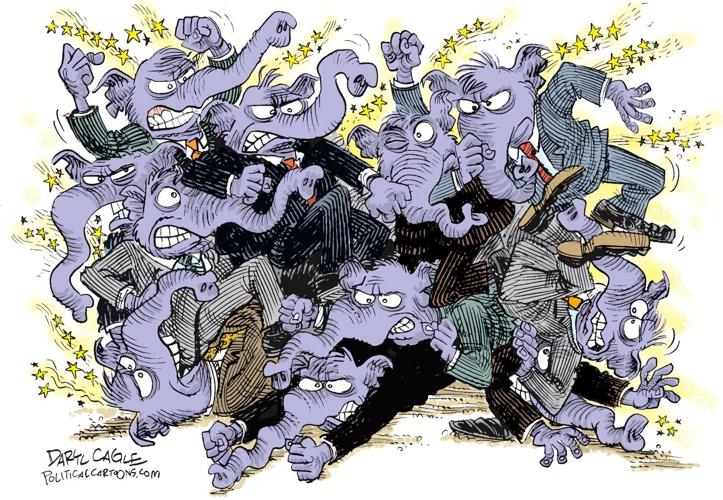Impact of Deteriorating US-China Relations on Public Perception of Each Other
According to a recent Gallup poll, the percentage of Americans who have a positive view of China has fallen to 15% — the lowest point in the 44 years since Gallup has been measuring this rating — with 80% of respondents saying they dislike China. Amid the trade war and the aggressive push by the U.S. to decouple from China, the U.S. business community’s confidence in the future of the Chinese market has also been weakened.
Last April, a Pew Research Center poll found that 80% of respondents in the U.S. had an unfavorable view of China, and then Chinese Foreign Ministry spokesman Zhao Lijian attributed this to unscrupulous, unrestrained and shameless attacks on China by certain American politicians in the U.S. and noted there were certain American media outlets and think tanks that had followed suit, spreading rumors and smearing China. Moreover, Lijian said these anti-China forces had willfully stoked confrontation and division between China and the U.S. out of ideological prejudice and political self-interest, spewing copious amounts of political poison and seriously damaging public opinion in both countries.
At a time when Americans’ perception of China has reached a record low, how do Chinese people feel about the U.S.? In August 2020, more than 80,000 people participated in a web-based survey on China-U.S. relations conducted by China’s Global Times Online. The results of the survey showed that nearly 80% of people online believed that the United States’ use of Hong Kong-related issues as a pretext for sanctioning Chinese officials was a gross interference in China’s internal affairs, and approximately 96% of people online had a negative impression of the U.S.
The American website MarketWatch today cited the findings of a survey published this month in Germany’s Journal of Contemporary Chinese Affairs, which found that the current Chinese view of the U.S. is just as negative: 75% of Chinese respondents said they disliked the U.S., whereas Chinese views of Europe were relatively positive.
The survey and analysis, conducted by academics from Rice University in Texas, the National University of Singapore and the University of British Columbia, found that the reasons for the gap in Chinese perception of the U.S. and Europe included the fact that the U.S. is the world’s leading superpower and China’s strongest competitor, and that the Chinese media and public have long been more interested in China-U.S. relations than in China’s relations with Europe.
Wang Yong, a professor at Peking University’s School of International Studies, told MarketWatch that among the many issues that had sparked the Chinese public’s dissatisfaction with Washington, U.S. policy toward Taiwan topped the list. Other issues included the U.S. economic containment of China, its sanctions relating to Xinjiang and Hong Kong and the “American overreliance on force in its foreign policy.” Social media “made the public understand the U.S. more and more deeply, and it has thus affected public sentiment.”
The study also yielded another worrying finding for Americans: Young Chinese citizens tend to have a more negative view of the U.S. than their older counterparts.
MarketWatch interviewed a dozen young Chinese people in their 20s and 30s and asked them how they felt about the U.S. Respondents working and studying in government-related fields and in business had a more negative view of the U.S. than young people working and studying in the arts and humanities, the former being under much greater pressure due to the impact of U.S. sanctions.
One student of public diplomacy, surnamed Li, said that the U.S. was going through a crisis of losing its undisputed status as a global power. As he said, “Times have changed.”

